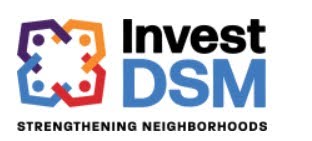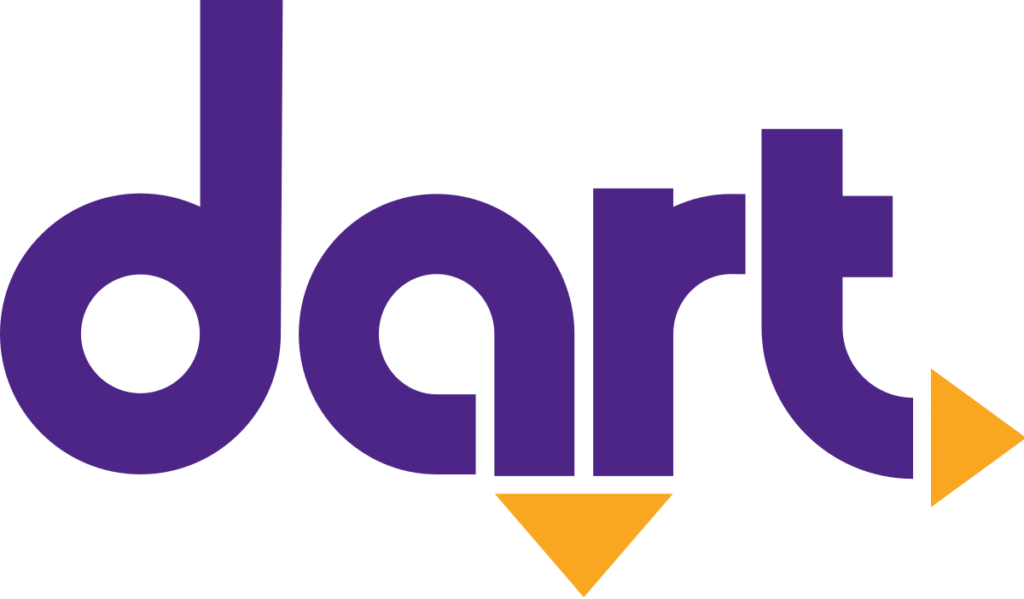Iowa food hubs sell over $4 million of local food in 2024

Business Record Staff Jul 8, 2025 | 3:38 pm
2 min read time
533 wordsAll Latest News, Iowa Stops HungerFood hubs, which are small distribution businesses that specialize in local foods, sold over $4.3 million in 2024 in local foods to grocery stores, households, restaurants, school districts, food access organizations and other customers across Iowa.
This was an 11% increase from 2023, according to the 2024 Food Hub Impact Report, authored by the Iowa Food Hub Managers Working Group by Iowa State University Extension and Outreach.
Seven food hubs contributed to the 2024 Food Hub Impact report. They are Camp Creek Food Hub, Farm Table Delivery, Field to Family, Grinnell Farm to Table, Iowa Food Cooperative, Iowa Food Hub and Prudent Produce.
The hubs are part of the Food Hub Managers Working Group, which started in 2015 to facilitate the growth of this component of the food system infrastructure.
“2024 was a fantastic year of growth for Iowa’s local food system,” said Teresa Wiemerslage, author of the report and field specialist with ISU Extension and Outreach’s Farm, Food and Enterprise Development program, in a prepared statement.
A total of 78 cents of every food dollar went back to the producer, the report said, and the food hubs reported customers in 68 of Iowa’s 99 counties. .
According to the report, food hubs worked with over 450 farms and food businesses in 2024. While most of the producers were from Iowa, hubs also worked with producers in Minnesota, Nebraska, Illinois and Wisconsin.
In addition to food sales, the food hubs provided almost $90,000 in services to farms and food businesses in the form of delivery services, storage space and online market access.
The largest customer group was farm-to-cafeteria. Food hubs provided expertise to connect farms with lunch trays in over 200 school districts, child care sites and colleges in the 2023-24 school year. This number was down 26% from the previous year. The USDA’s Local Food for Schools program concluded in 2024, which provided funds to schools to purchase local foods.
Food hubs also supported over 120 food access organizations, such as food banks, food pantries and hunger organizations, by connecting them to local farms and delivering fresh foods to their locations. The Iowa Local Food Purchasing Assistance program contributed a majority of the funding for these efforts.
In addition to selling products to customers across the state, the hubs are also selling products to each other through the Iowa Hub to Hub Network.
“The network connects the hubs to each other so that products can be found in more areas,” Wiemerslage said. The seven hubs are selling products to each other to fill supply gaps in their regions and create more robust offerings for customers. The hubs reported selling over $330,000 of product to each other in 2024.
In other milestones, the report mentions that six of the food hubs received USDA Resilient Food System Infrastructure grants to support their aggregation and distribution activities in the middle of the supply chain. Funds were used to expand cold storage and replace delivery trucks.
The outlook for 2025 appears less promising with the USDA’s decision to cancel upcoming rounds of Local Food for Schools and Local Food Purchasing Assistance funding, and hubs are looking to explore new outlets for 2025 crops, Wiemerslage said.










